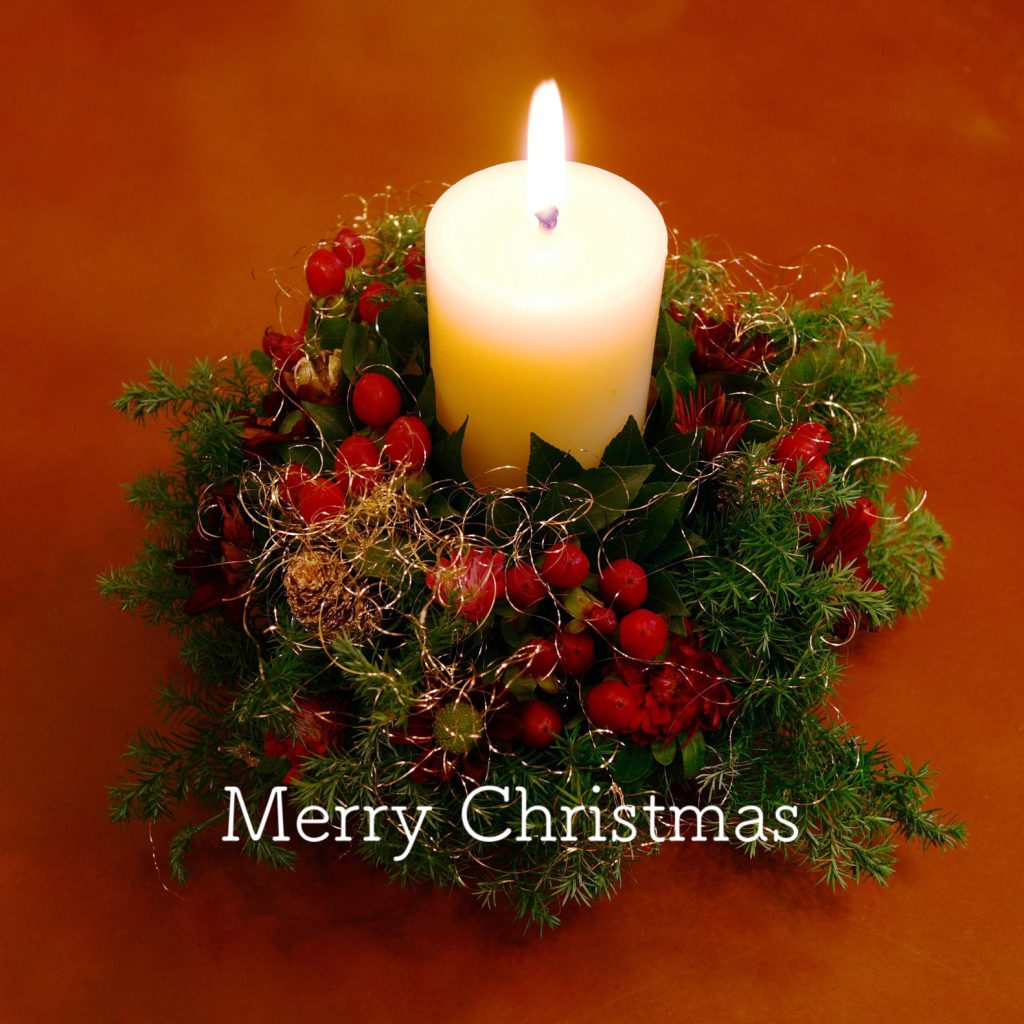
At the nearby convenience store, all traces of Christmas cake reservation ads have been completely removed, and now it’s all about New Year’s soba and osechi cuisine reservation ads. Perhaps such a scene is unique to Japan. While Japan is a nation with a very weak sense of religious affiliation, looking at it in terms of religious affiliation, Shinto has 87.9 million followers (48.5%), Buddhism has 83.9 million followers (46.3%), Christianity has 1.9 million followers (1%), and other religious groups have 7.3 million followers (4%). Despite Christians making up only 1%, Christmas is as popular in Japan as New Year’s and Obon festivals, and there are many other Christmas-related events. The major world religions have approximately 2.3 billion Christians (33%), 1.6 billion Muslims (23%), 1 billion Hindus (14%), and 500 million Buddhists (7%). This means that one in three people globally is a Christian. Islam generally prohibits Christmas, and while Hinduism does not forbid Christmas, there is not much interest in it. While it is understood that Christmas is a global event, it is evident that Japan is indeed a unique country even on a global scale.
近くのコンビニではクリスマスケーキの予約広告もすっかり取り除けられ、年越しそばとお節料理の予約広告ばかりです。おそらくこんな光景は日本だけでしょう。日本は非常に宗教の帰属意識が薄い国民ですが、一応宗教的帰属で見ると、神道の信者数が8790万人(48.5%)、仏教が8390万人(46.3%)、キリスト教が190万人(1%)、その他の宗教団体の信者730万人(4%)です。キリスト教徒がたったの1%なのに、クリスマスは日本の行事の中でもお正月やお盆の行事の次くらいに盛んだし、その他のクリスマス関連行事も沢山あります。世界の主な宗教信者数はキリスト教が23億人(33%)、イスラム教が16億人(23%)、ヒンドゥー教が10億人(14%)、仏教が5億人(7%)ですから、キリスト教徒は世界の3人に1人です。イスラム教は原則クリスマスは禁止だし、ヒンドゥー教はクリスマスを禁止にはしていませんが、それほど関心がありません。クリスマスが世界的な行事である事は分かりますが、日本は世界的にみても実に特異な国だと言う事がわかります。
